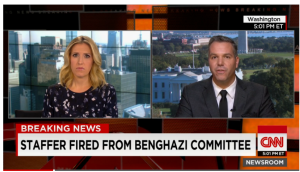Naturally, there are not many things mere mortals share with The Donald. I share numbers 8, 9, 10, 17, 18, 22 and part of 11. What about you?
“25 Things You Don’t Know About Donald Trump,” Via US Magazine:
8. I like See’s Candies. [See’s is way too sweet, but being a hopeless candy person myself, I get the weakness.]
9. Citizen Kane is my favorite movie. [Not my favorite, but a very respectable choice.]
10. I turn off the lights when I leave a room. [Me too. It was drummed into us as kids.]
11. I like to read history, biographies …
17. I ask a lot of questions. [Doctors, dentists and the like get impatient and are often flummoxed.]
18. I’m very approachable. [So long as you don’t assail me with your politics. That’s the rule. If you read my stuff, however, you can ask and challenge galore.]
22. I eat lunch at my desk. [With a dishcloth over the PC keyboard.]
The rest is pure Donald:
1. I ride an elevator to work. It’s my greatest luxury.
2. I do my own hair (but my wife cuts it).
3. I like cherry-vanilla ice cream.
4. I don’t use an intercom in the office.
5. I’m 6-foot-3.
6. I often have mirrors, chairs, and sinks in my front office in order to decide what’s best for my buildings.
7. I have one of Shaq’s shoes in my office.
11. I like to read history, biographies, and the New York Post’s Page Six.
12. I don’t drink coffee, tea, or alcohol.
13. I love spending time with my family.
14. I like to drive myself when I’m out of the city.
15. I scrape the toppings off my pizza — I never eat the dough.
16. I love Scotland, where my mother was born, and where I’m developing a golf course.
19. I like hamburgers.
20. I like having dinner at home with my family.
21. My sister Maryanne makes meatloaf for me on my birthday.
23. I have a star on the Hollywood Walk of Fame.
24. “You’re fired!” is the No. 3 greatest TV catchphrase of all time.
25. I’m actually very modest. [Correction: Trump is realistic about himself, not modest.]

